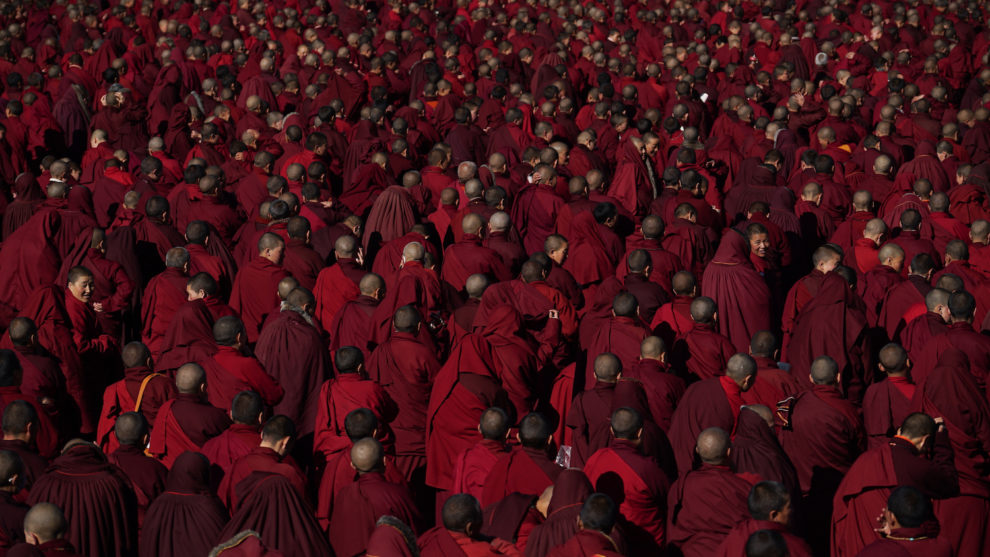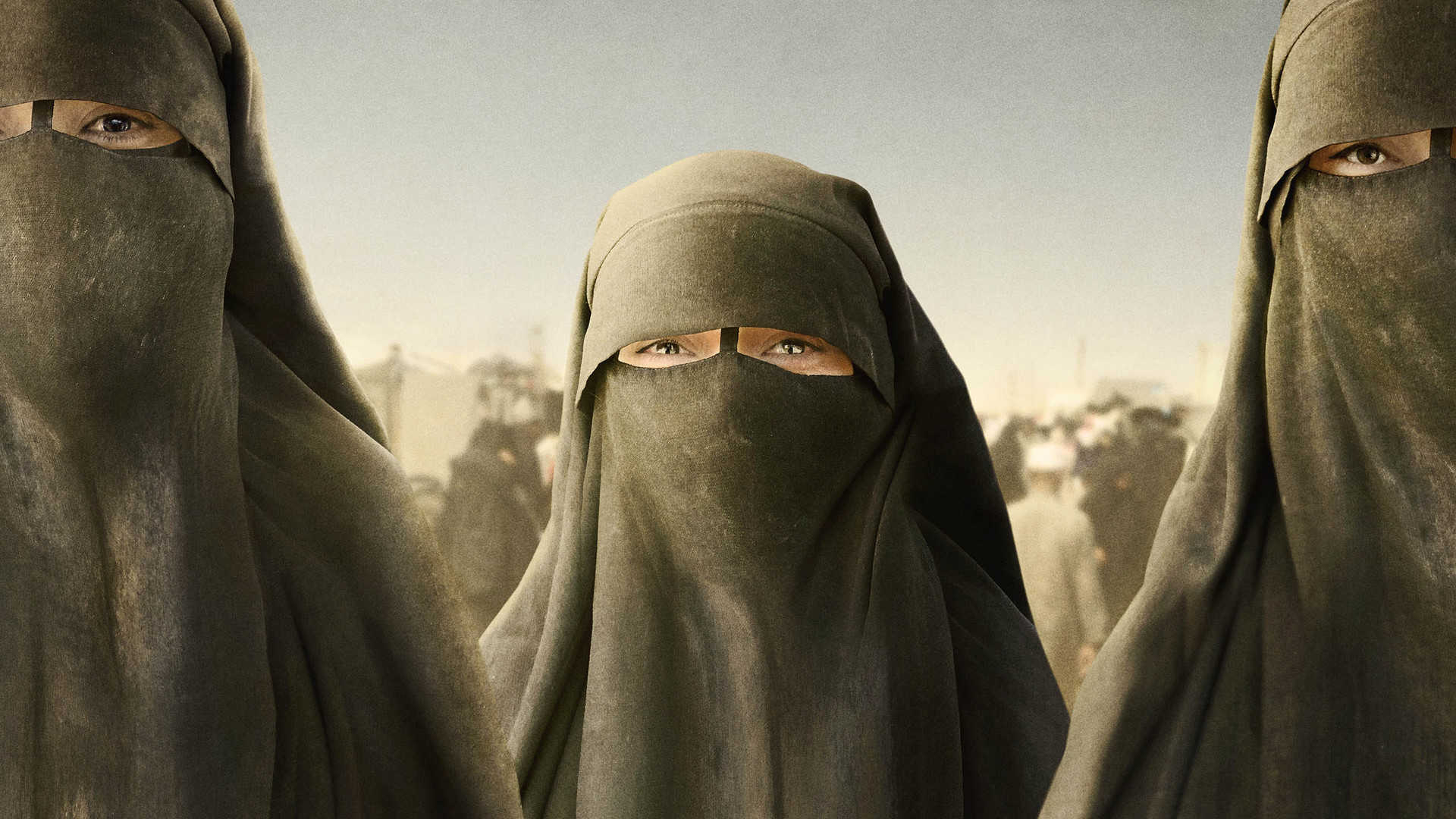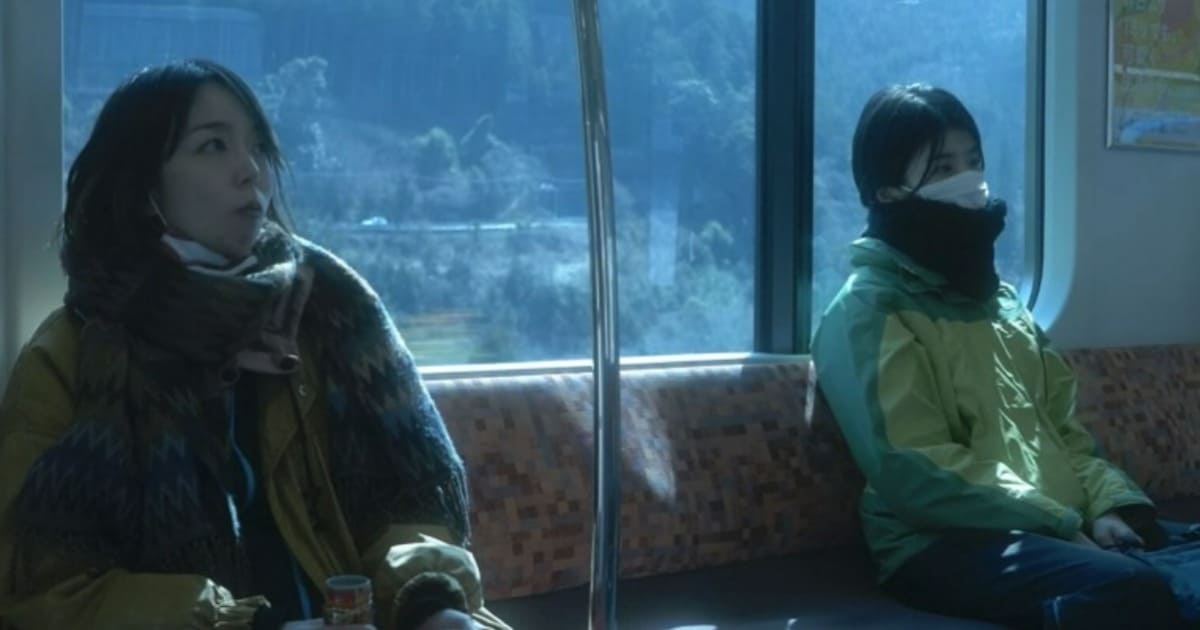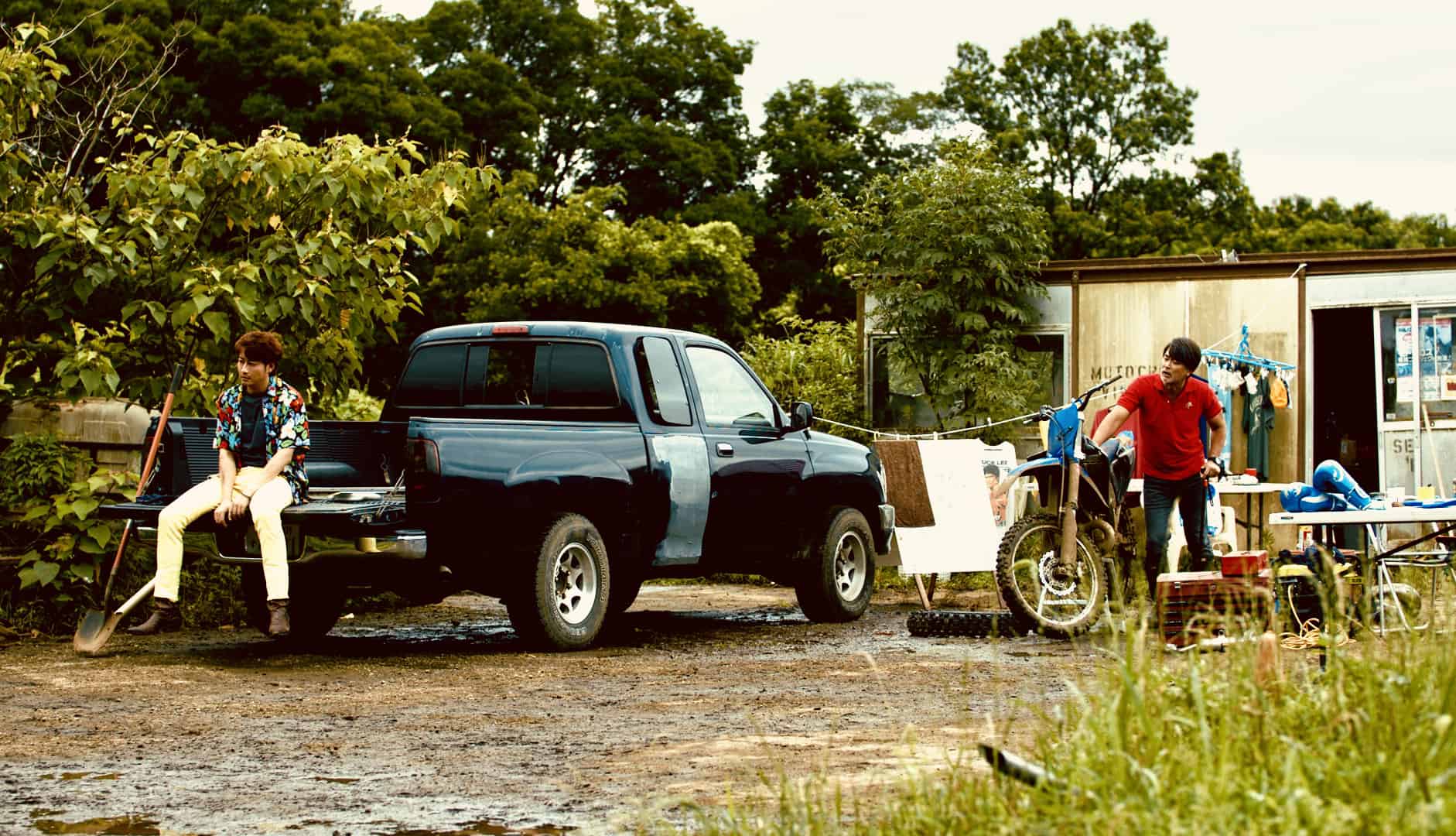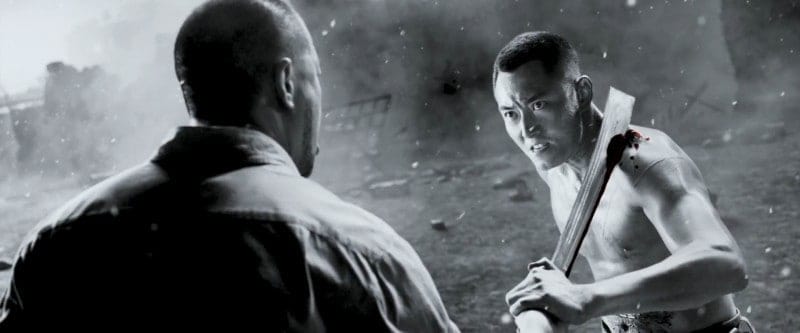Once a year, ten thousand Buddhist nuns gather on top of the Tibetan plateau in Sichuan Province to seek enlightenment in adverse weather conditions. In the Yarchen monastery, they build small wooden huts, reminiscent of coffins, in which they spend one hundred coldest days of the year. Their everyday life consists of working, waiting in line to receive food, and attending spiritual sessions with their gurus, in their path towards enlightenment, in a series of rather intimate sessions that also show the trust the director enjoyed from his “subjects”. Huaqing Jin follows the nuns quite closely, repeatedly included in the aforementioned sessions, which actually take place in rather cramped “cells”, but the true wonder of the documentary is the way he has captured their presence in the area, in a style that justifies the title completely.
“Dark Red Forest ” is screening at the 24th Thessaloniki Documentary Festival
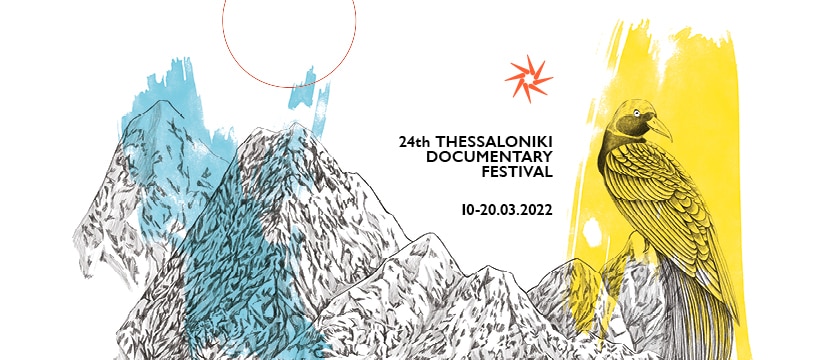
Apart from the aforementioned everyday elements, the documentary also features group teachings, with gurus teaching segments of Buddhist writings in a somewhat theatrical fashion, while a festival, the praying in the snow, and the silence that dominates their interactions also take center stage. Lastly, regarding the narrative of the documentary, the Chinese government's decisions to relocate the nuns from the monastery back to the place they were born, brings a series of ripples in their lives, as many of them have not been back for decades, and are completely lost, both literally and metaphorically. That the reasons behind this decision are never revealed, somewhat faults the documentary, but, evidently, Huaging Jin's focus is “n representing the way the characters feel and what they really think about in that moment, instead of telling the story and telling the audience what's happening”, as per his own words.
The most appealing aspect here however, is definitely the cinematography, which can only be described as truly majestic. Starting with the presence of the thousands of nuns in their red clothes and the similarly coated cells they live in in the winter, continuing with the presentation of the area in all its picturesque glory, and finishing with the astonishing night shots, the job done in the visual aspect of the documentary is truly wondrous to look at, essentially carrying it from beginning to end. To achieve that, Huaqing implemented every trick in the book, with intense close ups, long shots, blurring images, drones, and everything between capturing every detail of life in the particularly harsh environment. At the same time, the visuals are a crucial element in the ritualism that dominates the narrative, essentially dictating the imposing atmosphere of the movie. The second aspect that moves in that regard is the sound, with the chants and the various folk songs that are heard throughout adding even more to the overall aesthetics.
The job done in the editing is also top notch, again by the director, with the succession of scenes being ideal, in order for each of them to serve as a relief from the other, in an approach that makes the documentary quite easy to watch, even beyond its visuals.
Not much more to say, “Dark Red Forest” is an astonishing movie that definitely deserves to be watched on the big screen.


